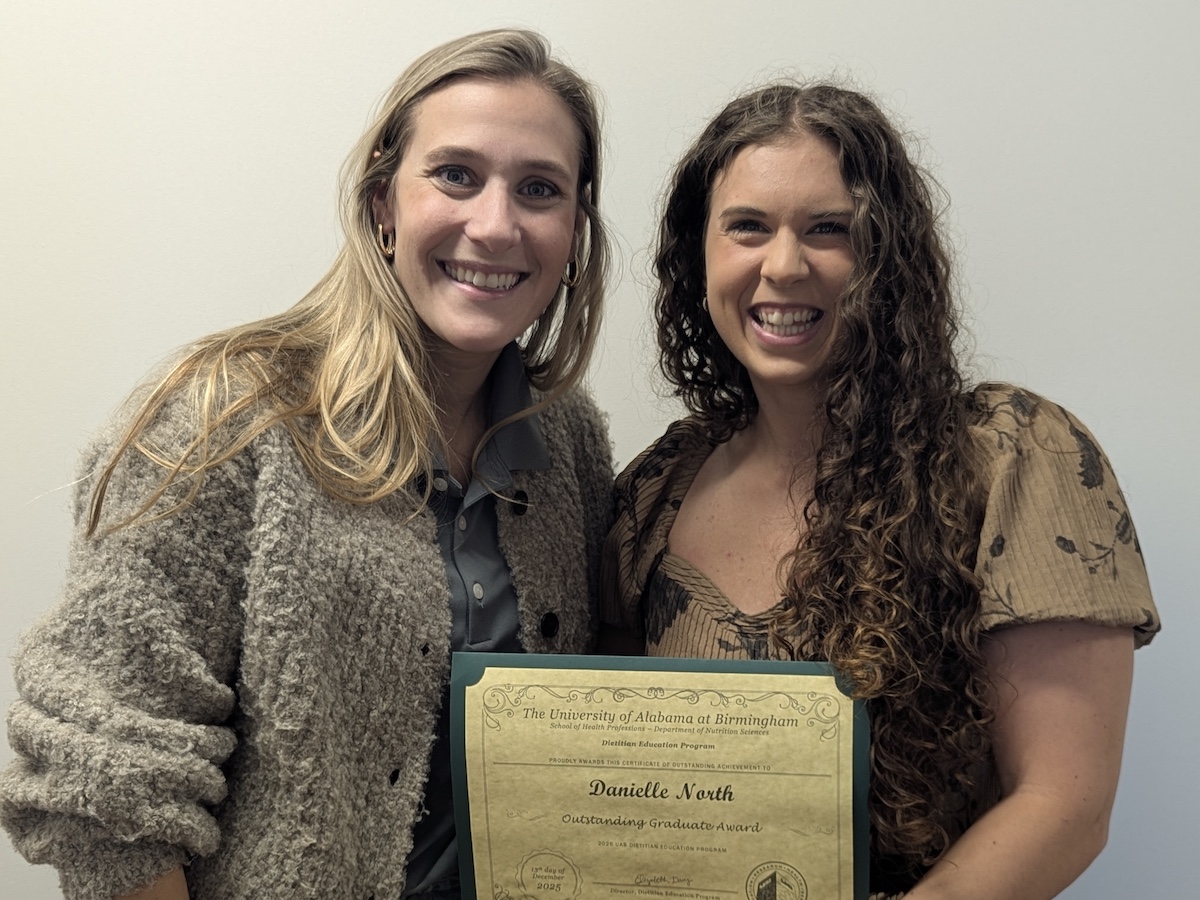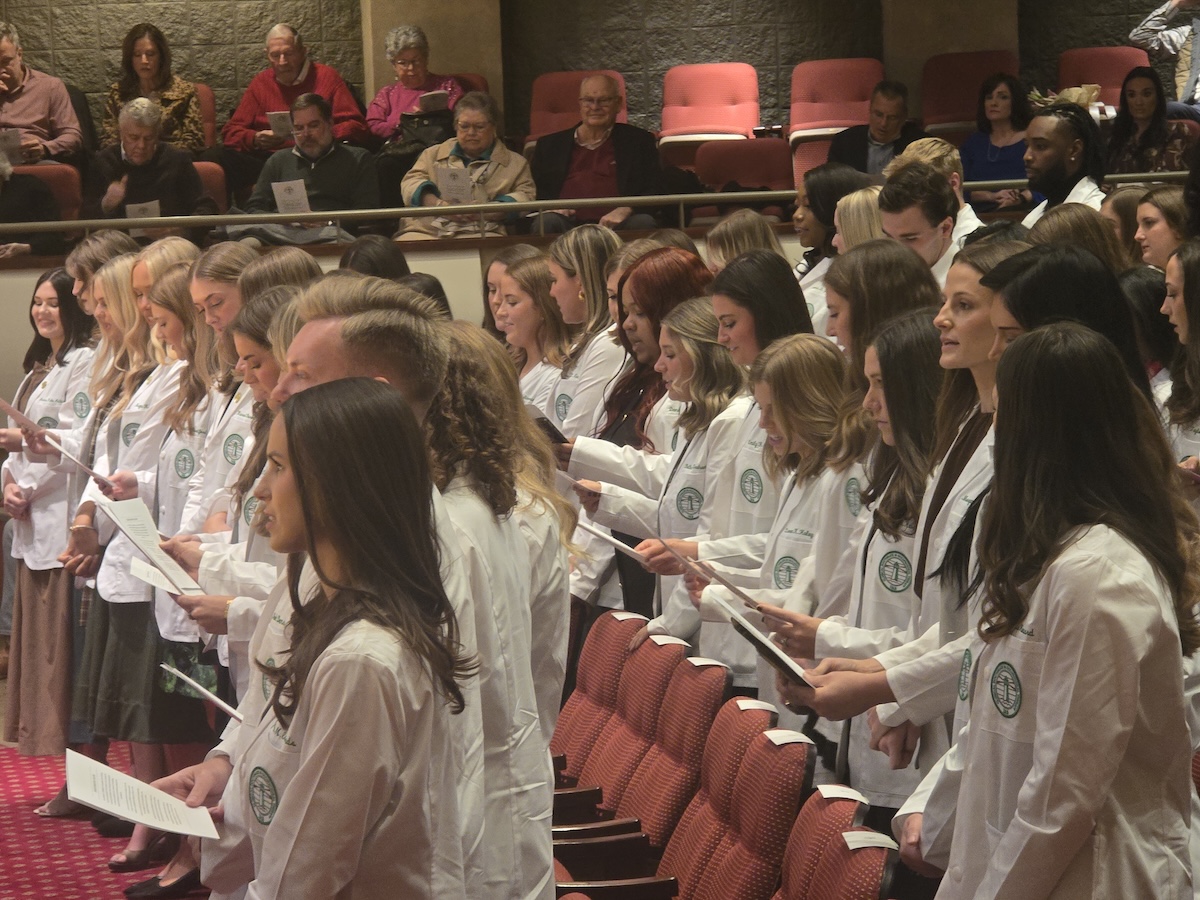 Because of the Affordable Care Act, the University of Alabama at Birmingham’s Physician Assistant Studies (PA) degree program is adding options for students to better prepare them for workforce needs. Currently, all graduates from the PA program can be employed in any setting; however, the program has a history of adding additional courses and clinical rotations in surgery, allowing students to be better prepared for surgical subspecialty when they graduate. Now the students will have the option to obtain additional clinical rotations in trauma or primary care.
Because of the Affordable Care Act, the University of Alabama at Birmingham’s Physician Assistant Studies (PA) degree program is adding options for students to better prepare them for workforce needs. Currently, all graduates from the PA program can be employed in any setting; however, the program has a history of adding additional courses and clinical rotations in surgery, allowing students to be better prepared for surgical subspecialty when they graduate. Now the students will have the option to obtain additional clinical rotations in trauma or primary care. “We see the future and vision of the Affordable Care Act to develop medical homes which will require all team members to have training in all aspects of healthcare especially primary care,” said Patricia Jennings, DrPH, PA-C, past director of the PA program.
By 2020, the Association of American Medical Colleges projects the U.S. will be short 45,000 primary care doctors, especially in rural areas. The PA program is partnering up with small communities in Alabama, Mississippi and Montana with the prospect to help fill the physician gap.
“Several preceptor facilities and physicians are offering housing to these students during their four-month rotation,” said Jennings. “We want these communities to invest in our students in the hopes they will come back to that area when they graduate."
Students are required to complete 12 months of clinical rotation. Students who choose the primary care option will still have a surgery rotation, but the rotations will be cut from five to two. All students are required to complete a one-month rotation in emergency medicine, pediatrics, women’s health, inpatient medicine, outpatient medicine and psychiatry. Students will then choose one of the three options to continue their four-month rotation. Starting in January, the 56 members of the Class of 2014 will be the first to use this option.
Meanwhile, Jennings is trying to expand the locations for student rotations. UAB Hospital is the location for the trauma option and surgery options are located throughout Alabama, Mississippi and Florida.
“We need former graduates to open their doors to become a preceptor for our students, or they could open their homes to allow our students to stay with them during their rotation,” said Jennings. “This is one way to give back to their institution that doesn’t involve money.”

